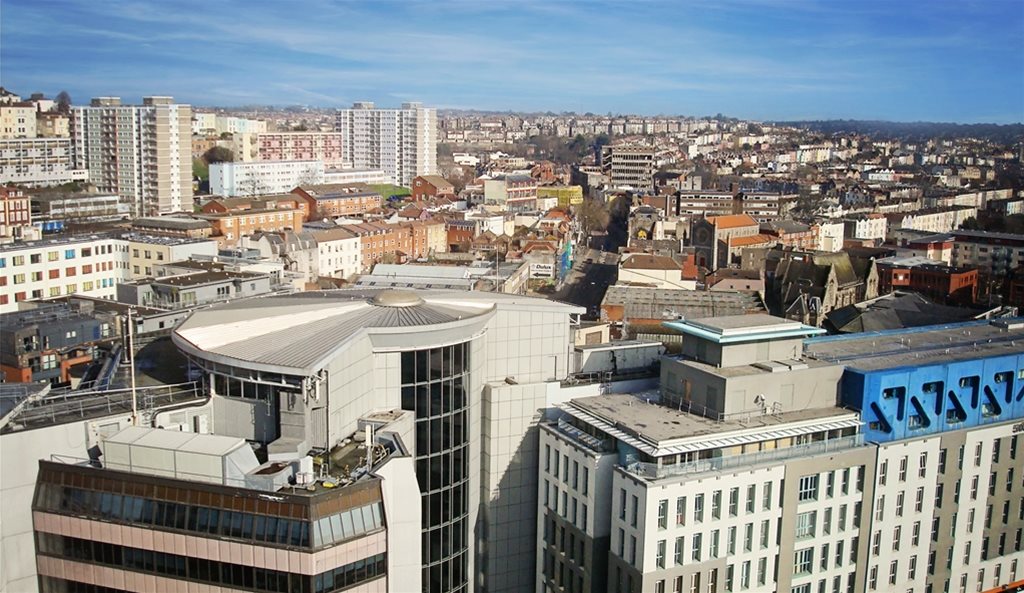
Plans to fast-track the replacement of unsafe cladding in high-rise residential council blocks have been approved by councillors, Bristol City Council has confirmed
The plan will see a different approach taken for remediation work, with the replacement of unsafe cladding on high-rise blocks carried out in “isolation” from other building work or as individual jobs. To date, the council’s approach has been to remediate whole high-rise blocks at a time, whereby cladding work is usually carried out alongside other refurbishment work such as glazing or roofing.
The impact of the “whole block” approach has been a considerable increase in the time it takes for remediation work to be completed, with the council adding that some blocks have also “not been successful for government funding”.
As part of the government’s Remediation Acceleration Plan (RAP), all cladding schemes are required to be completed, or have a date for completion, by 2029. In a press release released on 22 July 2025, Bristol City Council explained that while it had committed to this timescale, under the current approach, it was unlikely to meet the government’s deadline.
The council will trial the approach on five of its high-rise buildings, with plans to then extend to all 21 blocks in its portfolio. Under these new plans, all unsafe cladding could be removed from council blocks by 2031.
The new approach is expected to accelerate cladding replacement across the council’s high-rise portfolio by allowing the council to “access expertise from specialist advisors and national companies using grant funding from Homes England”. As reported by Bristol Live, the new approach could see buildings have scaffolding erected multiple times as different work is carried out. Director of Building Safety for the council, Clare Gibb, said:
“Some blocks will require the scaffolding to go back up in order to do other external works. But the overall time per block that scaffolding will be in situ is being reduced from between nine and 12 months. Instead of scaffolding being up for three years, it will go up for nine months, it will come down, then go up for another year.”
It is understood that Turner & Townsend, funded by Homes England, will support the council with this new cladding remediation programme.
Councillor Barry Parsons, Chair of the Homes and Housing Delivery Committee, said: “Our residents’ safety and wellbeing are at the heart of everything we do. We are committed to investing in the safety and quality of our council housing, and this includes the replacement of dangerous cladding. While we are almost a quarter of the way through our programme of removing cladding from council-owned blocks, we recognise the urgency to accelerate this work further.
“This new approach ensures that we deliver a programme that is cost-effective and makes good use of the resources available to us. We will continue to work with local and national partners to address the barriers to removing unsafe cladding and addressing other safety issues quickly – ensuring that all our residents live in safe buildings as quickly as possible.”